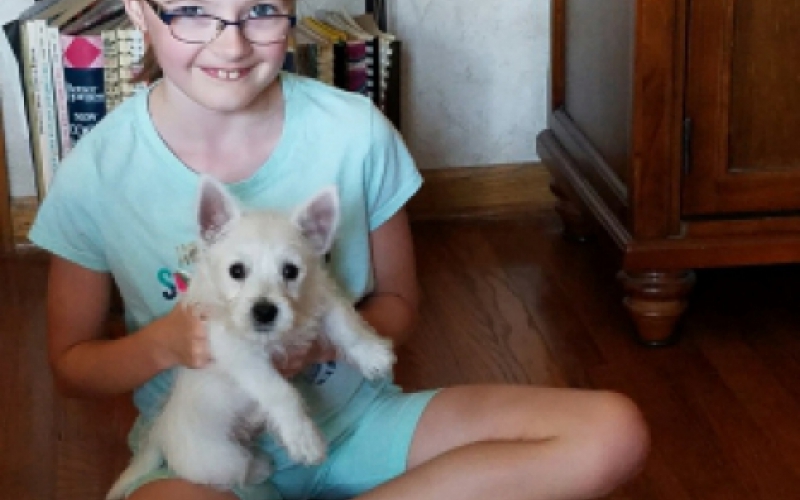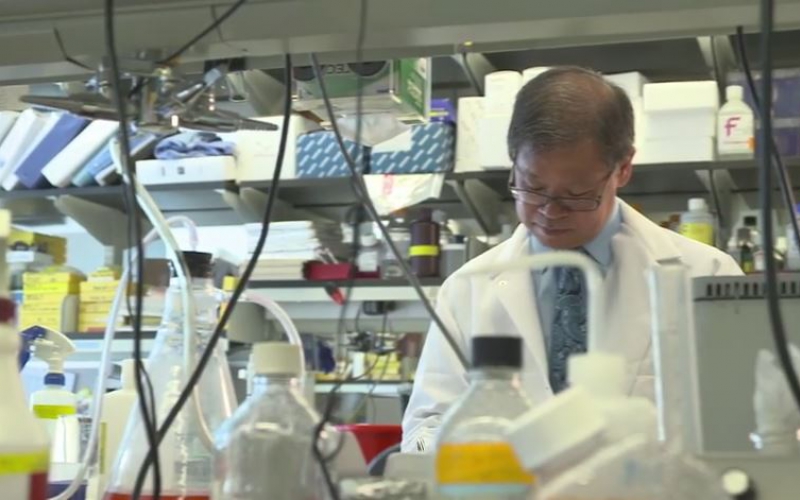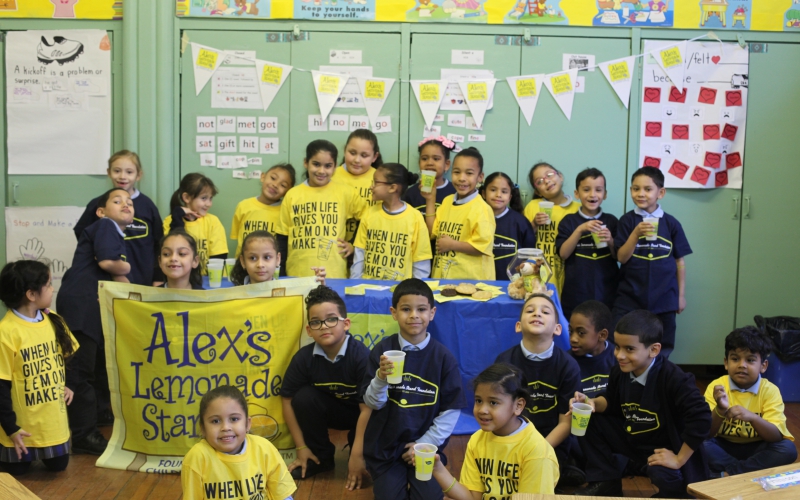The Childhood Cancer Blog
The Childhood Cancer Blog
by Adam Paris, ALSF
Alex’s Lemonade Stand Foundation started because Alex believed so strongly in the power of kids helping kids. Whether it’s hitting a hole-in-one, challenging classes to a change war or cheering up SuperSibs, kids are thinking of creative ways to help the fight against childhood cancer. Here are five ways children across the country are making a difference:
1. Turning Sports Stats Into Research Dollars
Bella, an 8-year-old golfer in Illinois, is as driven to fight childhood cancer as she is to get pars on the golf course. After asking her... Read More

When Sophia (above) was just 4 years old, she had to have an 8-hour surgery to remove a tumor on her kidney, followed by 18 months of chemotherapy and radiation. Sophia had Wilms’ tumor, the most common kidney cancer in children.
The first signs of Wilms’ tumor—a painless swelling in the abdomen, blood in the urine, belly pain, high blood pressure or fevers—often seem to be symptoms of something much less scary. A pediatrician will recommend an abdominal ultrasound and then a diagnosis will be made. Treatment, which typically includes surgery, radiation and chemotherapy, begins. Most children, even those with higher stages of the disease can finish treatment knowing that they will most likely never battle... Read More

ALSF Innovation grantee Darrell Yamashiro works in the lab at Columbia University Medical Center. Dr. Yamashiro works with Dr. Julia Bender-Glade (mentioned below) developing therapies for relapsed childhood cancer.
by Trish Adkins
Gone are the days of just chemotherapy and radiation. Today’s researchers and oncologists are combining the traditional tools with cutting-edge biological medicine, genetic analysis and novel therapeutics in the labs and clinics.
Childhood cancer researchers are working hard towards better treatments and more cures every single day. Here are five trends in research today:
1. Treating the patient, not just the cancer
For over 40 years, scientists have known about oncogenes, the abnormal genes that can drive the growth of abnormal cells that... Read More
Pages




